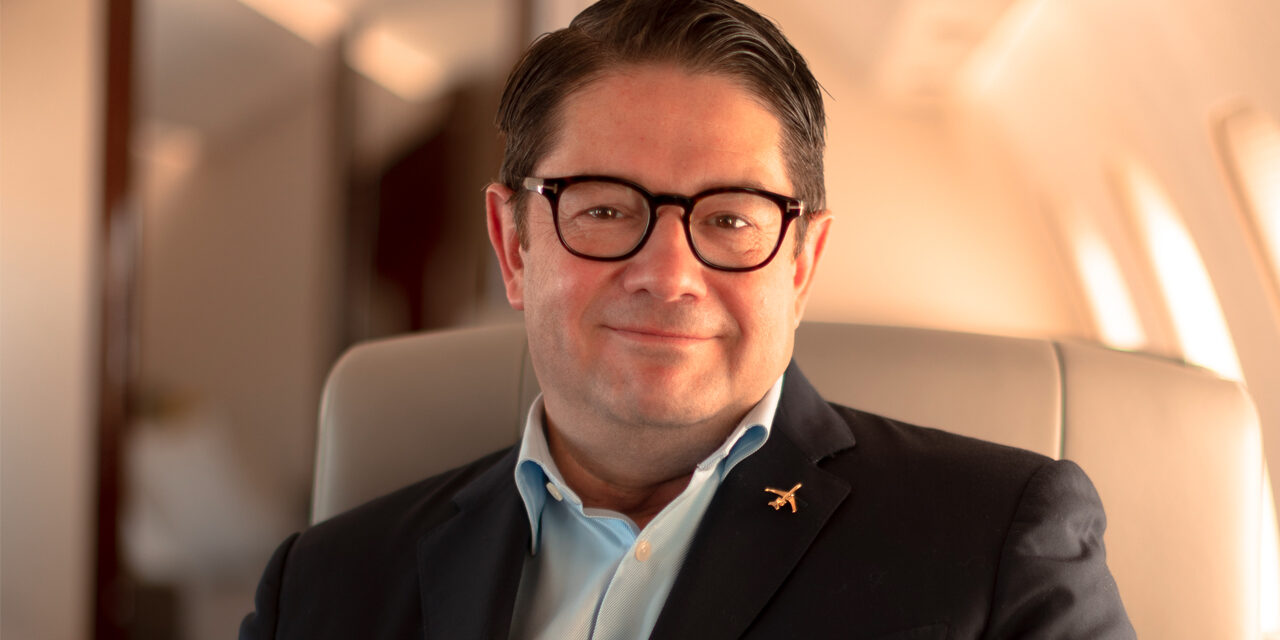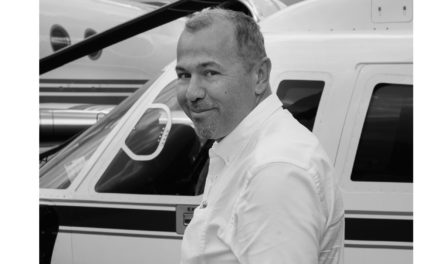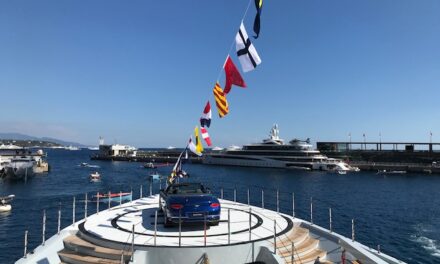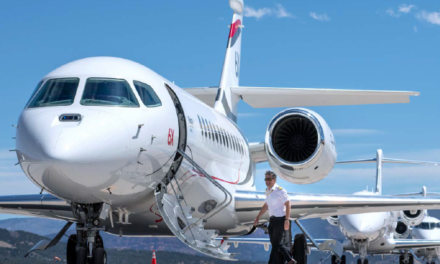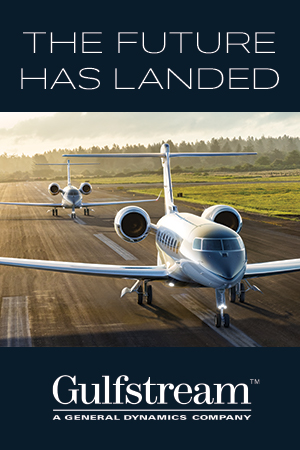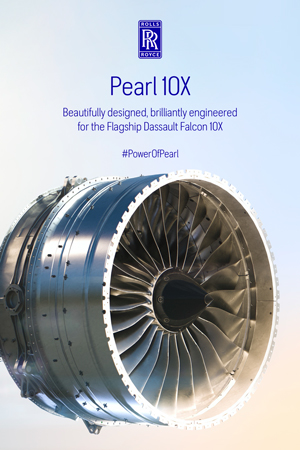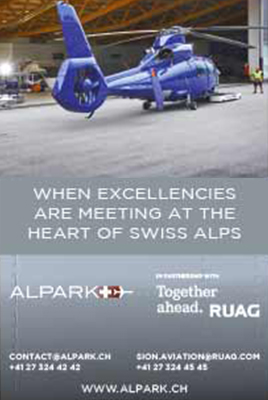When you took over from Alain Bellemare in the spring of 2020, did you expect that just a couple of years later Bombardier would be delivering such strong financial results ?
– When I returned to Bombardier as President and CEO in the spring of 2020, it was a challenging time for the entire aviation industry. Flights were grounded because of the pandemic and our manufacturing facilities were closed. We didn’t know how long it would take for the business aviation industry to recover. Bombardier was in a divestiture process in order to focus purely on business jets, and the pandemic added an extra layer of complexity to that. I didn’t know what the next few months would bring, but I was confident in our products and services, and in the strong team we had in place to navigate these challenges. I also knew that if we had the right strategy and if we executed it properly, we would be in an excellent position to succeed. Happily, we started seeing positive signs of recovery among business jet fleet operators as early as summer/fall 2020, which led to a period of strong demand for business aviation.
What were the hardest decisions to make as the newly appointed CEO of a company some expected to go under?
– There were several decisions that needed to be taken fairly quickly, but one of the most difficult was to cease the production of Learjet. This was not something we took lightly, especially given Learjet’s important role in the history of business aviation. The Bombardier team, myself included, are very attached to this iconic aircraft. We made the strategic decision to focus on the medium and large segments, where we see the most growth in the coming years, and it was the right decision, but it wasn’t easy. I’m glad that Bombardier’s service center network will keep maintaining the existing Learjet fleet for years to come.
In your opinion, what are the main qualities of a leader?
Every leader has their own style, but for me it’s very important to listen carefully to the people around me. This applies to the day-to-day, and also when it comes to making major decisions. I make sure to consult my teams and really listen. After that consideration, it’s also important for me, as a leader, to have the confidence to make those big decisions.
You appear to be quite humble yet your team and people who know you speak highly of you. To what to you attribute such a charismatic personality?
– I enjoy working with people, getting to know them and listening to what they have to say. This job allows me to meet so many people, and I genuinely enjoy that. For me, being the president and CEO of Bombardier is extremely fulfilling, and this is likely something that comes across because I go to work every day with a smile.
How did your experience in different sectors, working for high-profile multinational companies, help you in your current position?
– I’ve had the privilege to hold leadership positions in several different areas, including manufacturing and the energy sector. I also have years of experience in leadership positions at Bombardier. Each role has taught me a great deal, from the importance of getting to know your teams, to how to be organized and efficient. One important lesson I’ve learned is to be transparent about what your values are. Another key lesson is to keep learning every day.
How is your commitment to the company’s environmental, social and governance strategy illustrated?
– ESG is a major priority at Bombardier. It’s important that our employees and other stakeholders know we’re committed to sustainability, that we want to make a difference in the communities where we operate, and that we want to be a model of good governance. We’ve set concrete targets, and our progress is clearly set out in our annual Environmental, Social and Governance report, which will be updated in May.
In Europe BiZav is under attack by environmentalists, how do you expect to shape a more sustainable future for business aviation?
– This is an important question that deserves a detailed answer. Although the business aviation sector represents a small portion of total global annual greenhouse gas emissions – approximately 0.04% – we believe that reducing the sector’s emissions is essential.
Bombardier has been a leading partner in the development of the Business Aviation Commitment on Climate Change, which includes the goal of achieving net-zero greenhouse gas emissions by 2050. We have a path to reach that goal, with strategies that include ramping up the use of Sustainable Aviation Fuels (SAF) and technological improvements in aircraft design. Bombardier has long been a leading voice for the widespread adoption of Sustainable Aviation Fuel, and we recently committed to covering the totality of our flight operations with SAF via a book-and-claim agreement with Signature. This decision is a first for manufacturers in our industry and we hope to see others follow suit, so we can generate demand for more production of SAF around the world.
On the technology side, business jets have been becoming more fuel-efficient for decades, and we are constantly working to reduce their footprint even further. One example of our innovation in this area is our EcoJet Research Project. We hope to dramatically reduce emissions by reimagining the shape of a business jet. We are flying scale drones in support of this project, which is also a test bed for new and greener technologies.
Another important measure Bombardier is taking is the publication of Environmental Product Declarations (EPDs), the first of which was done for the Global 7500 business jet. This is an international standard for assessing the environmental impact of our products on a total life cycle, from the raw materials, to production, operation and end of life. We next published an EPD for our Challenger 3500 and have committed to doing so for all of our new aircraft going forward. No one else in the industry has done this.
Last year at EBACE the Global 8000 was launched with great fanfare. What is in the pipeline in Bombardier’s product line beyond this much-awaited aircraft?
– Right now Bombardier is focused on bringing the Global 8000 to the skies. This amazing business jet will fly farther and faster than any other, and we’re busy preparing for its entry-into-service in 2025. That said, we’re always considering what our next product launch will be. I can’t say much more, but it’s safe to say that our customers have come to expect exceptional products and we will certainly not disappoint.
On a more personal level, do you have time for your family? And what kind of relationship do you maintain with the Bombardier family and Laurent Beaudoin?
– I do manage to spend a lot of quality time with family, no matter how busy things are at work. Over the years, I’ve become pretty good at managing my responsibilities to ensure that there’s room left for my wife and my kids.
I have a very good relationship with the Beaudoin family – they are of course deeply committed to Bombardier and we speak regularly, especially given that Pierre Beaudoin is chairman of Bombardier’s board. I have the deepest respect for how the Beaudoin family helped make Bombardier an internationally renowned company.
What does EBACE represent for Bombardier?
– The European market is a very important one for Bombardier, and EBACE is a chance for us to connect with Europe’s business aviation ecosystem and share the exciting things we’ve been doing over the last year. First and foremost, I dedicate my time to customers, and I appreciate meeting face-to-face with those who attend the show. Being customer-centric is a core value I share with my leadership team.

